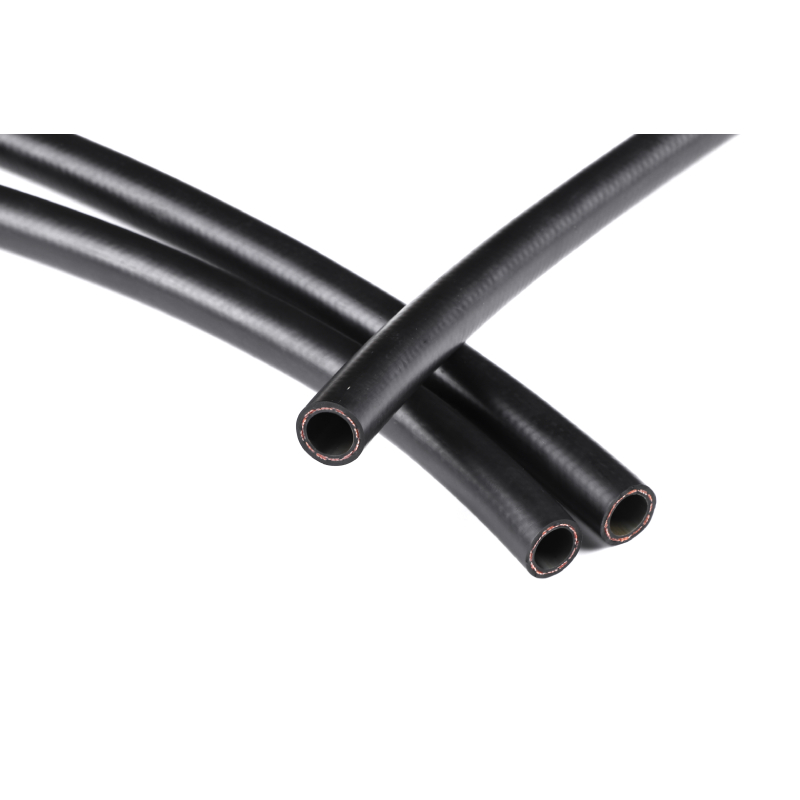fixing a leaking brake line
نويابىر . 13, 2024 10:15 Back to list
fixing a leaking brake line
Fixing a Leaking Brake Line A Comprehensive Guide
Brake lines are a crucial component of any vehicle's braking system. They transport brake fluid from the master cylinder to the brake calipers and wheel cylinders, allowing the vehicle to slow down or come to a complete stop. However, like any other part of a car, brake lines can deteriorate over time, leading to leaks. A leaking brake line can significantly affect your vehicle's braking efficiency and overall safety. In this article, we will guide you through the steps required to identify and fix a leaking brake line.
Identifying the Leak
Before you can fix a brake line leak, you need to locate it. Here are some common signs that indicate a leak in your brake lines
1. Low Brake Fluid Levels If you notice that your brake fluid reservoir is frequently low, it could be a sign of a leak. Always check the fluid level against the manufacturer’s recommendations. 2. Brake Warning Light Most vehicles are equipped with a brake warning light on the dashboard. If this light comes on, it may indicate a problem in the brake system, which could include a leak in the brake lines.
3. Fluid Puddles After parking your vehicle, check for any puddles or spots of fluid underneath. Brake fluid is typically clear to amber in color and has a sweet smell.
4. Soft or Spongy Brake Pedal If your brake pedal feels soft or spongy when pressed, it may indicate air in the lines, which can result from a leak. A firm brake pedal is essential for safe braking.
Once you suspect a leak, inspect the brake lines, looking for signs of corrosion, rust, or damage. Pay close attention to the connections at the master cylinder and the wheel brakes, as these are common failure points.
Preparing for the Repair
Before you start the repair process, you’ll need some tools and materials
- Replacement Brake Line You can purchase pre-bent brake lines or a roll of brake line material to create your own. - Flare Wrench This tool is essential for loosening and tightening brake line fittings without stripping them. - Brake Fluid Ensure you have the correct type of brake fluid for your vehicle. - Wrenches and Socket Sets Standard or metric sets depending on your vehicle. - Rags for Cleanup Brake fluid can damage vehicle paint, so keep rags handy.
fixing a leaking brake line

Steps to Fix the Leaking Brake Line
1. Safety First Always ensure that your vehicle is on a level surface. Use jack stands to secure the vehicle if it’s raised; never work under a vehicle supported only by a jack.
2. Remove the Damaged Section Using a flare wrench, carefully disconnect the leaking brake line from the fittings. If the line is severely rusted, you might need to cut it out. Be cautious; any residual brake fluid will leak out.
3. Cut and Fit the New Line If you opted for a roll of brake line material, you'll need to cut it to the appropriate length. Use a tube cutter for a clean cut, then flare both ends to ensure a secure connection.
4. Install the New Brake Line Position the new line in the same route as the original. Connect it to the fittings using your flare wrench. Ensure each connection is snug but be careful not to overtighten, as this can damage the fittings.
5. Bleed the Brakes After installing the new line, you’ll need to bleed the brakes to remove any air that may have entered the system. Start at the wheel farthest from the master cylinder and work your way toward the closest one, following the manufacturer's bleeding procedure.
6. Check for Leaks Once everything is connected and bled, pump the brakes to build pressure. Inspect all fittings for leaks. If you spot any, recheck your connections.
7. Dispose of Waste Properly Brake fluid is hazardous, so make sure to dispose of any waste materials in accordance with local regulations.
Conclusion
Fixing a leaking brake line can be a manageable DIY task with the right tools and a little mechanical knowledge. However, if you’re uncomfortable performing this repair on your own, it’s always advisable to seek help from a professional mechanic. Remember, your vehicle’s braking system is critical to your safety; ensuring it’s functioning properly is paramount. Regular inspections and maintenance can help prevent such issues in the future, providing peace of mind and safe driving experiences.
